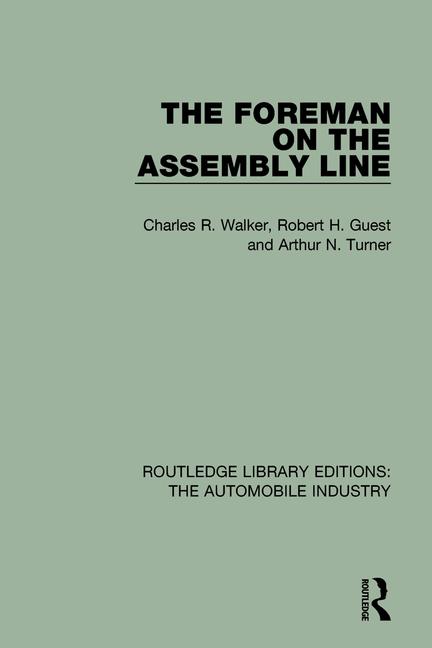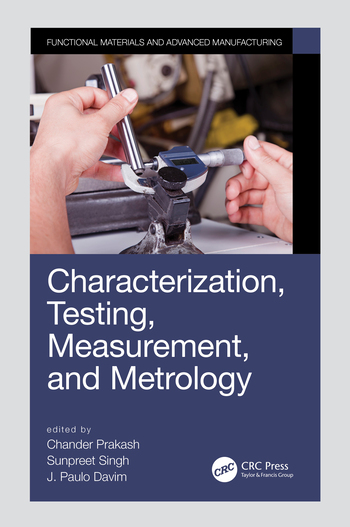In a 1994 interview, the late Carl Sagan, then David Duncan professor of astronomy and physics at Cornell University, said, "We live in a society absolutely dependent on science and technology and yet we have cleverly arranged things so that almost no one understands science and technology. That’s a clear prescription for disaster."
It’s questionable whether the situation has improved significantly since Dr. Sagan made that observation. People abound who genuinely believe that perpetual motion machines really work, and that the oil companies continue to suppress 200 miles per gallon carburetors. Many people fervently believe they have seen UFOs; others claim they have been kidnapped by aliens and returned.
In its annual report to Congress, Science and Engineering Indicators 2002, the National Science Foundation (NSF) says that only 15 percent of Americans feel well-informed about issues relating to science and technology. Worse yet, the report cites data from NSF and other research showing that belief in pseudoscience such as astrology and extrasensory perception (ESP) is widespread and growing. The report says 60 percent of Americans believe in ESP, and more than 25 percent believe that the positions of the stars and planets affect people’s lives. The report is voluminous but worth the time; you can find it at www.nsf.gov/sbe/srs/seind02/start.htm.
The fact is that information- and technology-based changes in the U.S. economy have created new opportunities and will continue to do so at an increasing rate. The Bureau of Labor Statistics predicts that during this decade, science and engineering occupations will grow by 47 percent, compared with 15 percent for the overall American workforce.
This is not to imply that science and engineering are all we need to prepare students for productive careers. Indeed, in testimony before the House Committee on Education and The Workforce, Alan Greenspan pointed out that because technological advances are increasingly interdisciplinary, we must not slight the value of a liberal arts education. For example, exposure to music, literature and the arts broadens intellectual awareness and enhances the ability to reach across disciplines to forge new ideas.
If we were working in the context of a formal mathematical proof, we would say that science and engineering are "necessary but not of themselves sufficient" for sustaining and improving our way of life. Our technological dilemma is that, even with the educational resources we have in the United States, the NSF report shows clearly that we aren’t satisfying the "necessary" part nearly well enough.

